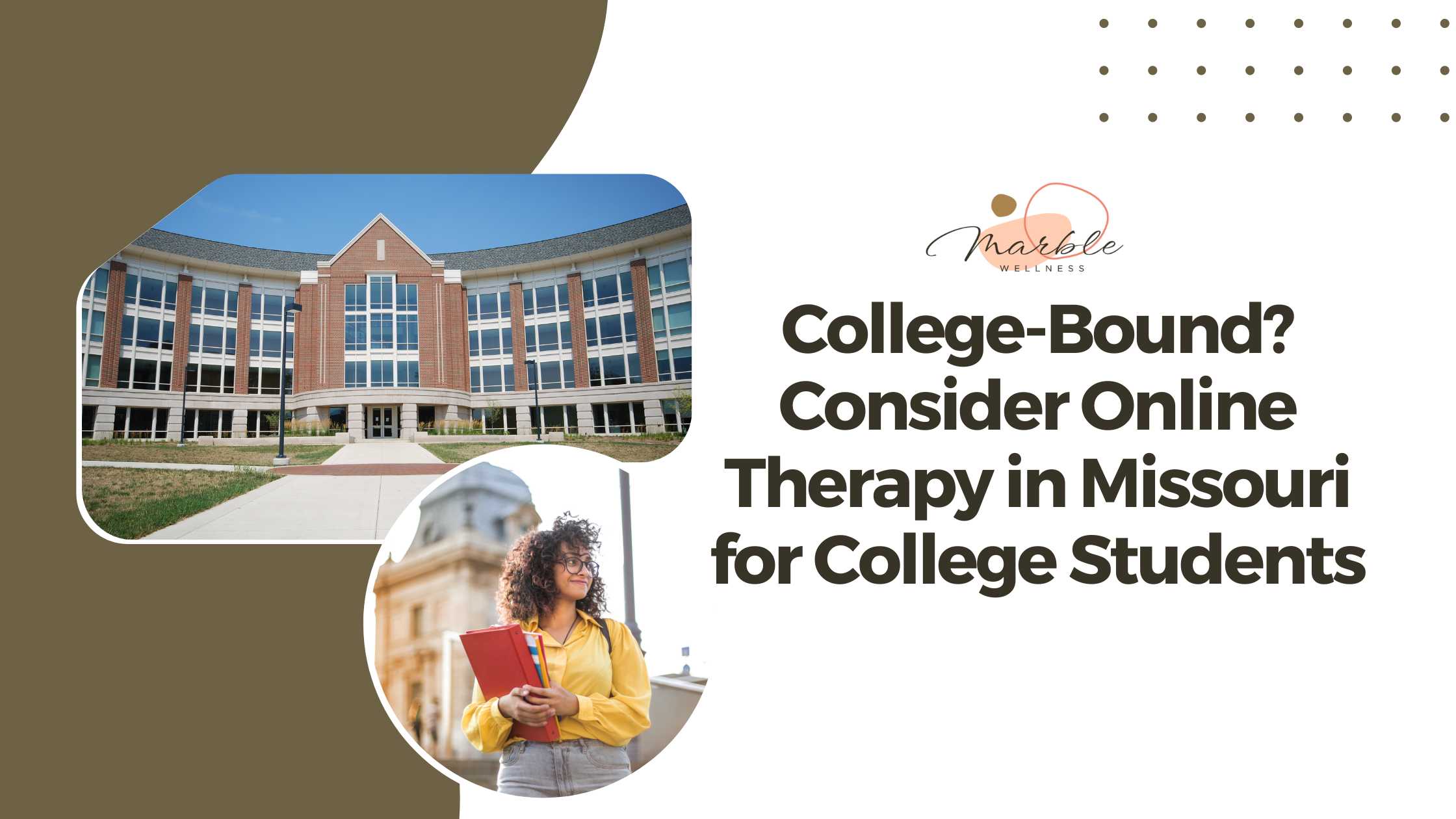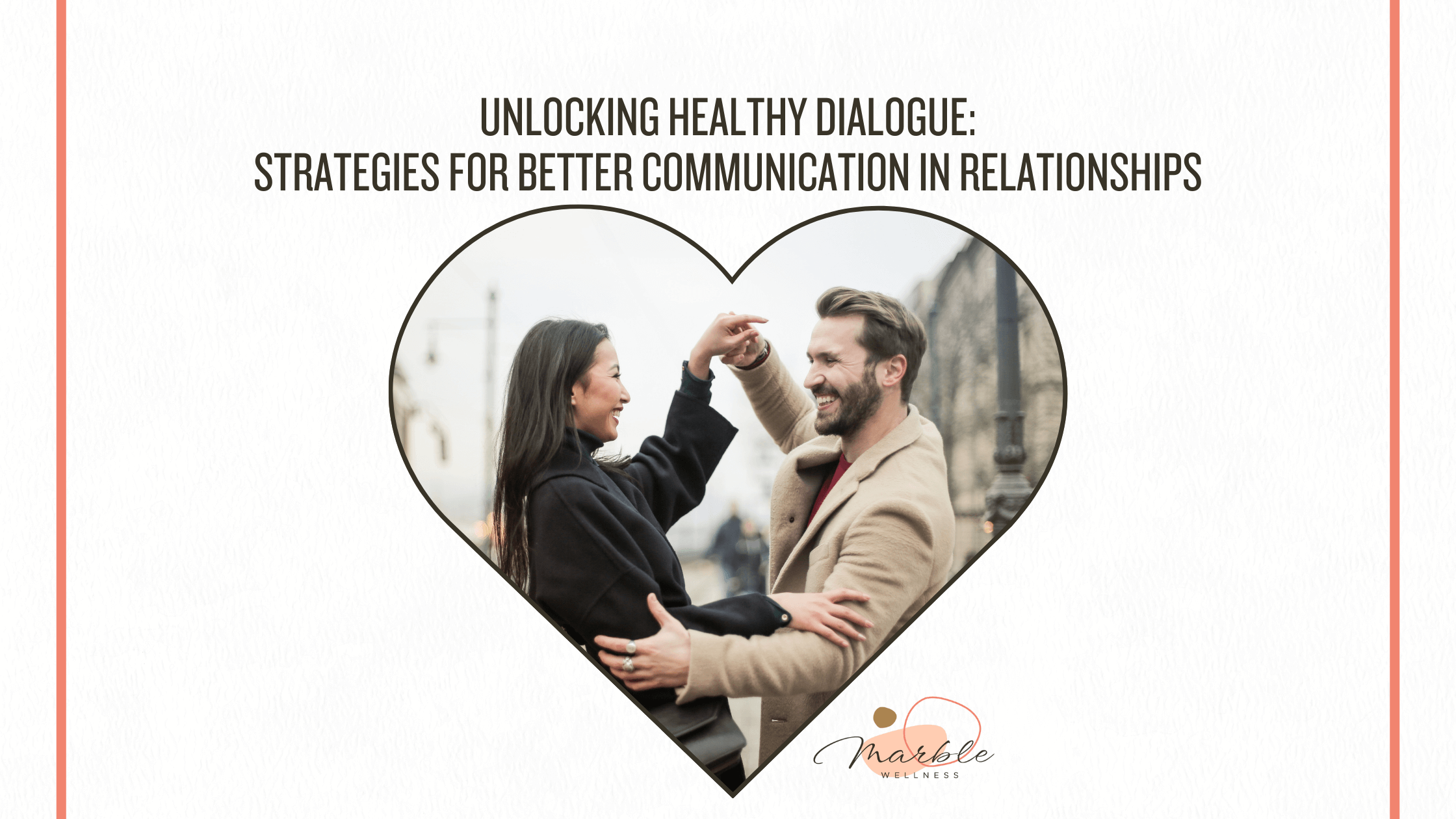When every reaction is valid and every timeline is unique.
The aftermath of sexual trauma defies timelines and expectations. As someone supporting a college student through this crisis, your role isn’t to dictate how they should heal but to create space where their choices are honored. Let’s be clear: there is no “correct” reaction to rape or sexual assault. One survivor might report immediately; another may never speak to authorities. Some will cry openly; others might seem detached. What matters most is this: the response from the first person they disclose to will profoundly shape their next steps—and their healing journey.
Here’s how to provide survivor-centered support at critical intervals, while holding true to three non-negotiable principles: listen without agenda, believe without question, and support without conditions.
Immediate Aftermath: The First 6 Days
When disclosure is raw and vulnerability is high
For Friends & Family:
- Listen. REALLY listen. – This isn’t the time for “Why didn’t you…?” or “You should…”. Listening actively by validating what they are saying, without judgment, and without inserting your interpretation. Try: “I’m here. Take your time.”
- Believe what they are telling you happened, the way they experienced it happening. Survivors often fear skepticism. Say: “This wasn’t your fault” and “I believe you” early and often.
- Support like it’s an honor – Offer concrete options: “I can sit with you at the hospital,” or “I’ll help you email your professor.”
Professional Support
- Medical advocacy – Forensic nurses at many hospital Emergency Departments can collect evidence up to 5 days post-assault.
- Crisis hotlines – RAINN’s line (800.656.HOPE) provides immediate trauma-informed care.
- Academic safety nets – Title IX Coordinators can arrange class withdrawals or deadline extensions.
Short-Term Healing: 6 Weeks Later
When the world expects “normalcy,” but trauma lingers
For Friends & Family
- Normalize the messiness – Validate statements like: “I feel fine today, but cried all yesterday.”
- Check-in without pressure – Text: “No need to reply, but I’m thinking of you.”
- Respect their pace – If they decline therapy, say: “I’ll help when you’re ready.”
Professional Support
- Trauma therapy – EMDR or CPT can help process memories.
- Campus groups – Peer-led survivor circles reduce isolation.
- Victim advocacy – Legal advocates explain reporting options without pressure.
Long-Term Recovery: 6 Months and Beyond
When healing isn’t linear, but resilience grows
For Friends & Family
- Celebrate quietly, without condescension – Notice milestones: “You handled that crowded lecture hall beautifully.”
- Adapt as they evolve – They might now want to discuss the assault—or avoid all triggers.
- Model self-compassion – Share your own practices: “I’m trying yoga Saturdays—join me?”
Professional Support
- Specialized counseling – Look for therapists trained in trauma or institutional betrayal (common in campus assaults).
- Academic reintegration – Advisors can design lighter course loads or independent studies.
- Community healing – Groups like 1in6 (for male survivors) foster connection without pressure to disclose.
The Golden Rules of Support
- “Your story is safe with me.” – Confidentiality builds trust.
- “No choice is wrong” – Whether they report or not, pursue therapy or not—it’s their path.
- “I’ll walk beside you” – Not ahead, not behind.
To the supporter reading this: Remember, their decision to disclose to you is both an honor and a gift. At Marble Wellness, our St. Louis-based therapists specialize in helping college students navigate sexual trauma on their own terms. We provide the sustained support survivors deserve—because healing happens when they feel believed, respected, and empowered.
You don’t need to have all the answers. You simply need to show up, listen deeply, and honor their autonomy—today, tomorrow, and however long it takes.
Start Therapy in the St. Louis Area
If you live in the St. Louis metro area and are ready to improve your mental health, our expert St. Louis therapists are here to help. Not only do we have a team of therapists in Ballwin, MO, but we have also recently expanded to serve the Lake St. Louis and Wentzville area! Reach out to our Client Care Coordinator today to discuss your therapy options, both in-person and via online therapy in Missouri.
Contact Us!
Learn About Our Group Offerings

Additional Counseling Services at Marble Wellness in St. Louis, MO
Marble Wellness Counseling services are designed to help set you on a path of living a more fulfilled, calm, and happy life. Our St. Louis area therapists have a variety of training backgrounds and areas of expertise. We specialize in anxiety, depression, grief, chronic illness, therapy for men, couples, and maternal overwhelm. Our practice also helps new moms with various postpartum concerns, moms in the thick of parenting, and moms with teens. We can also chat from wherever you are in the state with online therapy in Missouri. No matter where you are in your journey, we are here to help you thrive!



